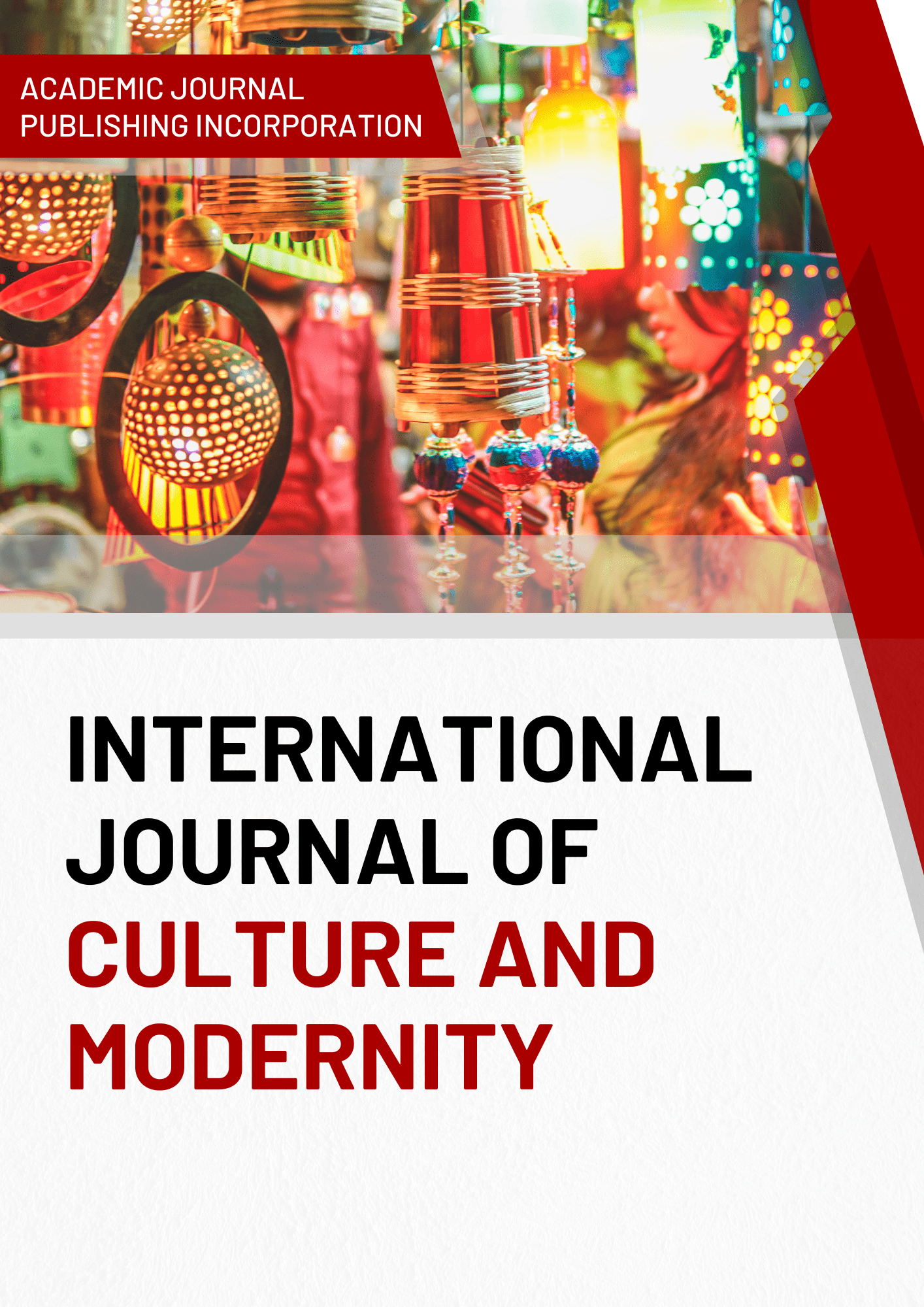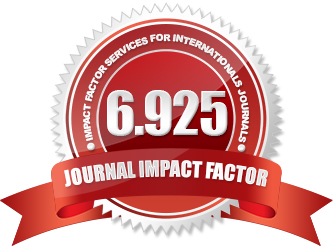Technologies for Teaching Students to Think Independently in the Process of Analyzing Literary Texts Based on an Innovative Approach
DOI:
https://doi.org/10.51699/ijcm.v13i.207Keywords:
pedagogy, education, innovation, innovative activity, method, Brainstorming method, Black box competition, Pen center table method, Cubic methodAbstract
This article highlights the relevance of the analysis of literary texts in reading lessons. Also, in the process of analysis of fiction, the issue of teaching students to think independently has been scientifically studied.
References
Mirziyoyev Sh.M. We will build our great future together with our brave and noble people. - Tashkent: Uzbekistan, 2017.-488 p.
From national revival to national uplift (from the works and speeches of the President of the Republic of Uzbekistan Sh.M.Mirziyoyev) .- Tashkent: Youth Publishing House, 2019. - 160 p.
Law of the Republic of Uzbekistan "On Education" - National Database of Legislation, 24.09.2020, No. 03/20/637/1313.
The Concept of Primary Education // Primary Education, 1998, No. 6, pp. 12-18.
Unified State Educational Standard and Curriculum, - Tashkent, 2010.-146 p.
State Education Standard and Curriculum of General Secondary Education (Primary Education) .- Tashkent, 2017. - 249 p.
Abdullayeva N. Integration technology: how to increase the effectiveness of the application // Primary education, 2018, issue 5, pages 18-19.
Abdullayeva K. New pedagogical technologies // Primary education, 1999, issue 4, pages 8-9.
Adizov B.R. Theoretical foundations of the organization of primary education. Dissertation for the degree of Doctor of Pedagogical Sciences. - TDPU. 2004. - 258 p.
Antonov A.F., Adilov Q.X. Didactic conditions for choosing the content of general education. Methodical recommendations. - T .: 1994. - 24 p.
Anorbayev A. Artistic and spiritual wealth // Primary education, 2008, issue 6, page 18.
Atayeva N., Salayeva M., Hasanov S. General pedagogy.- Tashkent: “Science and technology”, 2013.- 860 p.
Mavlonova R.A., Rahmonqulov N.H. Integration of primary education. - Tashkent, Tashkent State Pedagogical University, 2006.-98 p.
Jo‘rayev, V. T. (2019). The advantage of distance learning courses in the process of education. Scientific Bulletin of Namangan State University, 1(9), 220-224.
Zokirova, S. M., & Topvoldiyeva, Z. R. (2020). About borrowings in the uzbek lexicon. Theoretical & Applied Science, (4), 701-705.
Kholdarova, I. V. (2021). The folks discoveries and generative lexemes. Theoretical & Applied Science, (3), 267-270.
Zokirova, S. M., & Axmedova, D. O. (2021). Working with borrowings given in dictionaries of primary school textbooks. Theoretical & Applied Science, (3), 275-278.
Акбарова, З. А. (2020). Размышления о психологической характеристике языковой личности. In проблемы филологического образования (pp. 146-151).
Акбарова, З. А. (2020). Инсоннинг тили, руҳияти ва онгининг боғлиқлигига доир мулоҳазалар таҳлили. Международный журнал искусство слова, 3(2).
To'xtasinov, D. F. (2018). Didactic bases of development of logical thinking in schoolchildren. Central Asian Journal of Education, 2(1), 68-74.
Kochkorbaevna, K. B., & Hilola, I. (2022). Developing Pedagogical Abilities in Students through Introducing Modern Forms and Methods of Education in the Mother Tongue Teaching Process. International Journal of Culture and Modernity, 13, 1-3.
Mukhtoraliyevna, Z. S.., & G’aniyevna, M. M. . (2022). Oral and Written Forms of Speech. International Journal of Culture and Modernity, 13, 39–43.
Mukhtoraliyevna, Z. S. ., & Madaminkhonqizi, S. M. . (2022). Methods of Mnemonics in Pedagogical Work with Elementary School Students. International Journal of Culture and Modernity, 13, 44–52.







